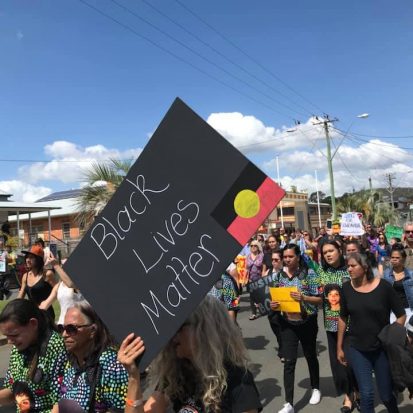
The NSW government is heading to the High Court as it fights to have a man face a single trial over the alleged murders of three Aboriginal children in Bowraville almost 30 years ago.
Attorney-General Mark Speakman says NSW will apply to the High Court for special leave to appeal after the Court of Criminal Appeal last week rejected his bid to have the 52-year-old face justice.
“That application will be made in the near future,” Mr Speakman told reporters on Thursday, adding he expected it would be heard in early 2019.
“I wouldn’t be making this application unless I believed there were prospects for success.”
If leave is granted, the attorney-general expects the appeal itself to be heard in the High Court in mid-2019.
The 52-year-old man, who cannot be named for legal reasons, has previously been acquitted at separate trials of murdering two children – Evelyn Greenup, four, and Clinton Speedy-Duroux, 16 – in late 1990 and early 1991.
The NSW government unsuccessfully argued before the appeal court there was fresh and compelling evidence relating to the disappearance of a third child, Colleen Walker, about the same time to justify overturning the acquittals and ordering a retrial.
But the Court of Criminal Appeal last week ruled all of the evidence relating to the murder of Colleen was available to be tendered at the 2006 trial relating to Evelyn.
There was no other evidence which was both “fresh and compelling” in relation to her murder, the appeal judges said.
Mr Speakman on Thursday insisted the government wanted to exhaust all legal avenues to seek justice for the victims and their families before considering legislative changes to double jeopardy laws.
Greens MP David Shoebridge has proposed allowing an acquitted person to be retried in “exceptional circumstances”.
He says it would give the Bowraville families “a fair chance at justice”.
Mr Speakman on Thursday stated: “The Court of Criminal Appeal largely ruled against our case on the basis of what constituted fresh evidence. There are issues about whether the evidence was compelling (and) whether it is in the interests of justice to have a retrial.”
The attorney-general said if NSW were to win in the High Court the matter would likely be referred back to the appeal court for consideration.